SwiftStart launched Fomin during the height of the pandemic. The brand is now expanding its product lines after tripling revenue.
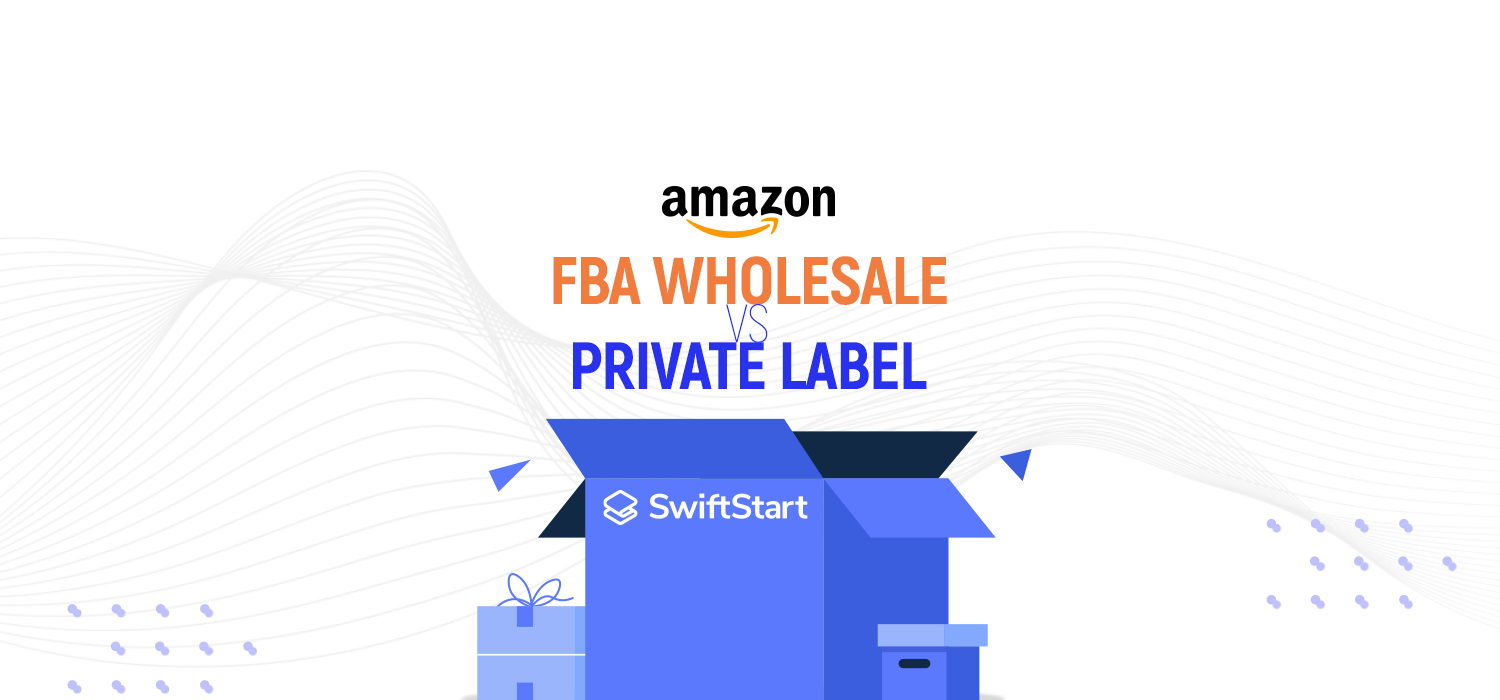
With around 500 billion USD in gross sales, Amazon is among the most successful and profitable eCommerce platforms available today. It has become a popular way to start and grow an online business, allowing entrepreneurs to utilize a platform that has already been proven to provide consistent sales. You have two main options when selling on Amazon: Amazon FBA wholesale vs private label. Running a private label requires a higher level of investment, as it involves creating and branding your own products. In contrast, wholesale involves purchasing existing products from a manufacturer or supplier and reselling them on Amazon. Both models have the potential to be profitable, but each has its own unique set of strategies and logistics to consider.
If you're torn between the two and want to make an informed decision, this article is for you. In this guide, we'll discuss the following:
So, let's get started!
Amazon Wholesale is a business model where a seller purchases products in bulk from a manufacturer or distributor and resells them on Amazon for a profit. The seller does not create or design their own brand or products. Instead, they buy and resell existing products under the manufacturer's brand. This model is best suited for those who want to enter the Amazon market quickly and with limited investment, as the products are readily available and don't require custom branding or manufacturing. However, the profit margins can be smaller compared to private labeling, as the seller competes with other sellers selling the same products.
Amazon Private Label is a business model where a seller creates their own brand and manufactures products to sell on Amazon. The seller is responsible for all aspects of the product, including design, manufacturing, branding, and packaging. The seller then sells the products on Amazon under their brand rather than a manufacturer's brand. This model requires a higher investment compared to wholesale, as the seller must invest in product design and manufacturing. However, private labeling can offer higher profit margins and the potential to create a unique and recognizable brand on Amazon. Additionally, the seller has more control over the product and can differentiate themselves from other sellers on the platform. You should also see a comparison of amazon seller central vs vendor central.
Several key differences should be considered when comparing Amazon FBA Wholesale to Amazon Private Label.
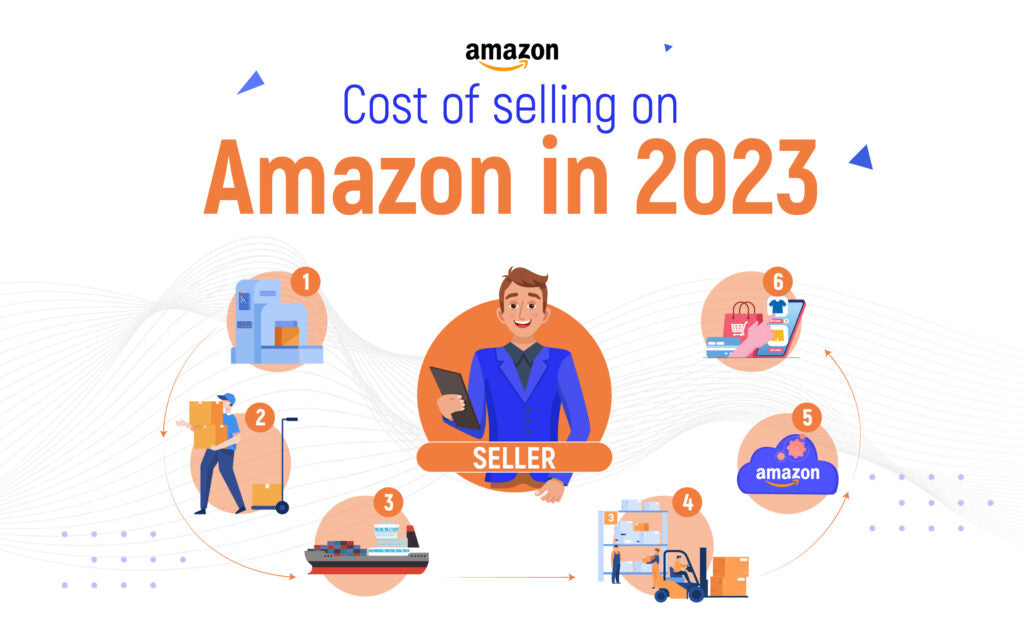
Investment is an important factor to consider when choosing between Amazon wholesale and private label. Amazon wholesale requires a relatively lower upfront investment compared to private labeling. Wholesalers typically purchase products in bulk from a supplier or manufacturer and resell them on Amazon. In contrast, private labelers create their own branded products and must invest in product design, manufacturing, packaging, and branding. Private labeling generally requires a higher initial investment, but it can also offer higher profit margins and more control over product quality and branding. The investment required for either model will depend on the specific products and niches you choose to sell in.
Product control refers to the degree of influence a seller has over their product's design, manufacturing, packaging, and labeling.
In wholesale, sellers have limited control over the product they sell as they are selling existing products manufactured by someone else. They are at the mercy of the manufacturer or supplier in terms of product design and quality. Wholesalers can only make modifications to the product within limits set by the manufacturer, such as by customizing packaging or offering value-added services.
Private label sellers, on the other hand, have much greater control over their products. They create their own brand, design their own packaging and label, and have control over the manufacturing process. This allows private label sellers to create a unique product and brand experience, which sets them apart from other sellers and can help to build customer loyalty. However, private labeling also requires a higher level of investment, as you must source the product, design and manufacture the product, and handle all the marketing and logistics involved in selling the product.
Profit margins are a critical factor in any business, and the same is true for Amazon sellers. The margins vary between Amazon FBA wholesale and private label, with each model having its own advantages and disadvantages.
In wholesale, profit margins are typically lower because the seller resells existing products from a manufacturer or supplier. However, the lower margins can be offset by higher volume sales and the reduced risk associated with not investing in creating and branding your products.
On the other hand, private label sellers usually have higher profit margins since they sell a unique product they have created and branded themselves. This gives them the ability to control their margins more effectively and sell their products for a higher price. However, this higher margin also requires a higher initial investment and a greater level of risk.
Ultimately, the choice between wholesale vs private label amazon FBA will come down to an individual seller's goals and risk tolerance.
When it comes to competition on Amazon, both wholesale and private label sellers face different challenges. Wholesale sellers usually compete against each other for the Buy Box, the prominent and default buying option on Amazon product detail pages. Buyers usually choose the seller offering the lowest price and best delivery options for a particular product. Amazon picks one seller to win the Buy Box for a specific ASIN (Amazon Standard Identification Number).
Private label sellers, on the other hand, compete against other private label sellers selling similar products. They don't compete for the Buy Box as they sell unique products under their own brand, but they still need to stand out in Amazon search results. To compete effectively, private label sellers need to differentiate their products and focus on quality, customer service, and marketing.
Both amazon private label vs wholesale sellers face different forms of competition on Amazon, and it's important to understand these competition dynamics when starting an Amazon business.
It's time to dive into the pros and cons of Amazon FBA wholesale. Let's start by looking at the advantages of this business model:
Low start-up cost: Wholesale requires less capital investment compared to private labeling, as you are reselling existing products instead of creating your own.
Wide product selection: Wholesaling allows you to choose from a vast selection of products from various manufacturers and suppliers.
Established brand recognition: Selling well-known brands on Amazon can attract customers and boost your sales.
No need for product design and development: You do not have to worry about product design, packaging, or branding.
Low-profit margins: Profit margins can be lower as you are reselling products at a markup but not as much as a private label seller would earn.
High competition: With many other sellers selling the same products, competition can be fierce, making it challenging to establish a profitable business.
No control over product quality: Wholesale products are not created by you, so you have no control over product quality and packaging.
Limited ability to differentiate: Without the ability to create your own products, it can be challenging to stand out from other sellers.
In conclusion, Amazon FBA Wholesale is a great starting point for those with limited investment capital, but it may not provide the same profit margins as private labeling. It's essential to weigh the pros and cons carefully before making a decision.
Here are the pros and cons of Amazon Private Label:
Brand ownership and control: With private labeling, you have complete control over the product design, packaging, branding, and messaging.
Unique selling proposition: Private label products are unique to your brand, and they offer customers a product they can't find anywhere else, giving you a competitive advantage.
Higher profit margins: Private label products tend to have higher profit margins compared to wholesaling because you can set the price and don't have to compete with other sellers selling the same product.
Building customer loyalty: By offering unique products on Amazon, you can build a loyal customer base that will come back for more.
Higher upfront investment: Creating a private label product requires a significant upfront investment, including product development, sourcing, branding, and marketing.
Longer time to market: It can take several months from concept to launching a private label product, whereas wholesaling can be done quickly.
Risk of product failure: With private labeling, there's always a risk of failure if the product doesn't sell well or has quality issues.
Limited product offerings: Private labeling requires developing and sourcing products, so it's not as flexible as wholesaling, where you can quickly add new products to your catalog.
Wholesale and private labels are two different business models, each with its own pros and cons. As an Amazon seller, choosing between these two options can be challenging. Both Amazon FBA Wholesale and Amazon Private Label have the potential to be profitable and successful, but the right choice depends on your individual goals, resources, and experience.
When considering Amazon FBA Wholesale, the main advantages are lower upfront investment, making it easier to start with a smaller budget. It also offers the opportunity to quickly test and launch new products, allowing you to see what sells and what doesn't. Furthermore, it is easier to scale your business by adding new products to your catalog as you go along. However, there is more competition among wholesalers, and you have less control over the branding and pricing of your products.
Private label, on the other hand, gives you complete control over your brand and product, allowing you to create a unique product that stands out from the competition. It also allows for a higher profit margin and the potential for long-term brand recognition. However, starting a private label brand requires a larger investment and a more significant time commitment, as you have to research, develop, and launch your own product. Additionally, scaling a private label brand can be more challenging, as you need to continually innovate and develop new products to keep up with the competition.
Ultimately, the right choice between Amazon FBA Wholesale and Amazon Private Label depends on your business goals, experience, and resources. Consider your budget, marketing skills, and overall business strategy before deciding. You may also view our detailed guide on dropshipping vs Amazon FBA if you're considering dropshipping as a business model.
SwiftStart is a full-service Amazon marketing agency that understands Amazon FBA Wholesale and Amazon Private Label to the core. That's why we offer expert advice and resources to help you make the right decision for your business. We can provide you with insights into the different models and assist you in choosing the best one for your individual needs. Plus, we offer a free 1-1 Amazon account audit to help you identify areas of improvement and take your business to the next level. Contact us today to learn more about Amazon FBA Wholesale vs Private Label and get started on the path to success! Also, don't forget to check out our popular Amazon podcast for all the latest eCommerce news and tips.
If you find this article helpful then join our social footprint for more Amazon insights and growth hacks. Become a part of our Amazon Facebook community group to stay updated with the latest Amazon news, tips, and tricks. Follow us on LinkedIn for expert guides and Amazon growth strategies. Our Amazon A+ Content experts are always available to answer any questions and provide personalized support. Check out our SwiftStartUP Amazon podcast for exclusive insights from experts and success stories from top Amazon sellers. Don't forget to claim your free Amazon account audit right now!
Creating a private label brand on Amazon can be a worthwhile venture. It allows you to create a unique product that stands out from the competition, offering a higher profit margin and potential for long-term brand recognition.
The answer depends on your goals, resources, and experience. Wholesale is well suited to those with a smaller budget who want to quickly test and launch new products. Private Label is better for those who want complete control over their product, brand, and pricing.
The main risks associated with private labeling include the upfront cost, the potential for quality issues, and limited product offerings. It also requires more time and effort compared to wholesaling, as you need to research, develop, and launch your own products.
Imagine a marketplace where millions of buyers visit daily with the sole purpose of purchasing a product. Now, imagine that you have the opportunity to stand out in this crowded market and attract those buyers to your products. Sounds exciting, right? But the question is, how can you make it happen? The answer lies in […]
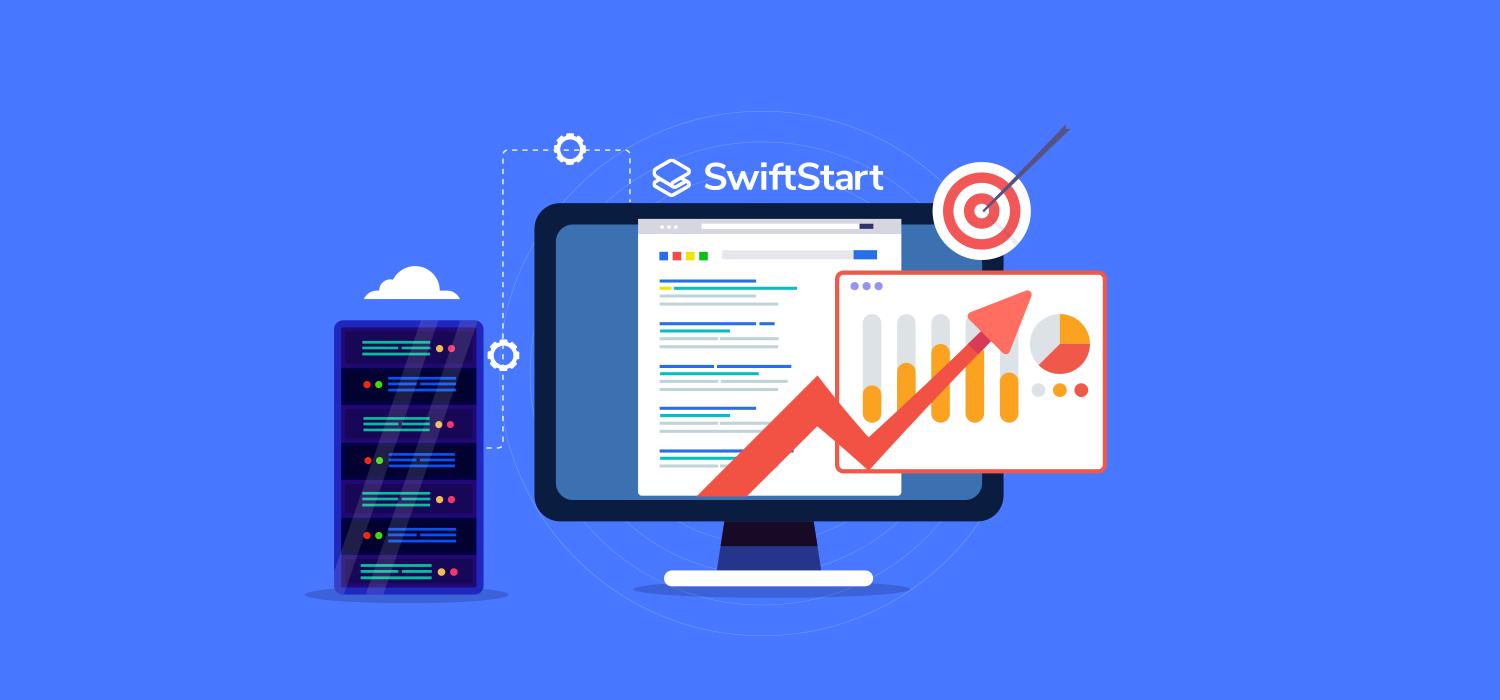)
Are you a newbie Amazon seller and want to conquer the online marketplace? Look no further than Amazon vendor central! Nowadays, selling on Amazon goes far beyond the conventional methods employed by 3P or 1P sellers. So, if you want to break the monotony of the same old approaches, this platform is the ideal choice […]
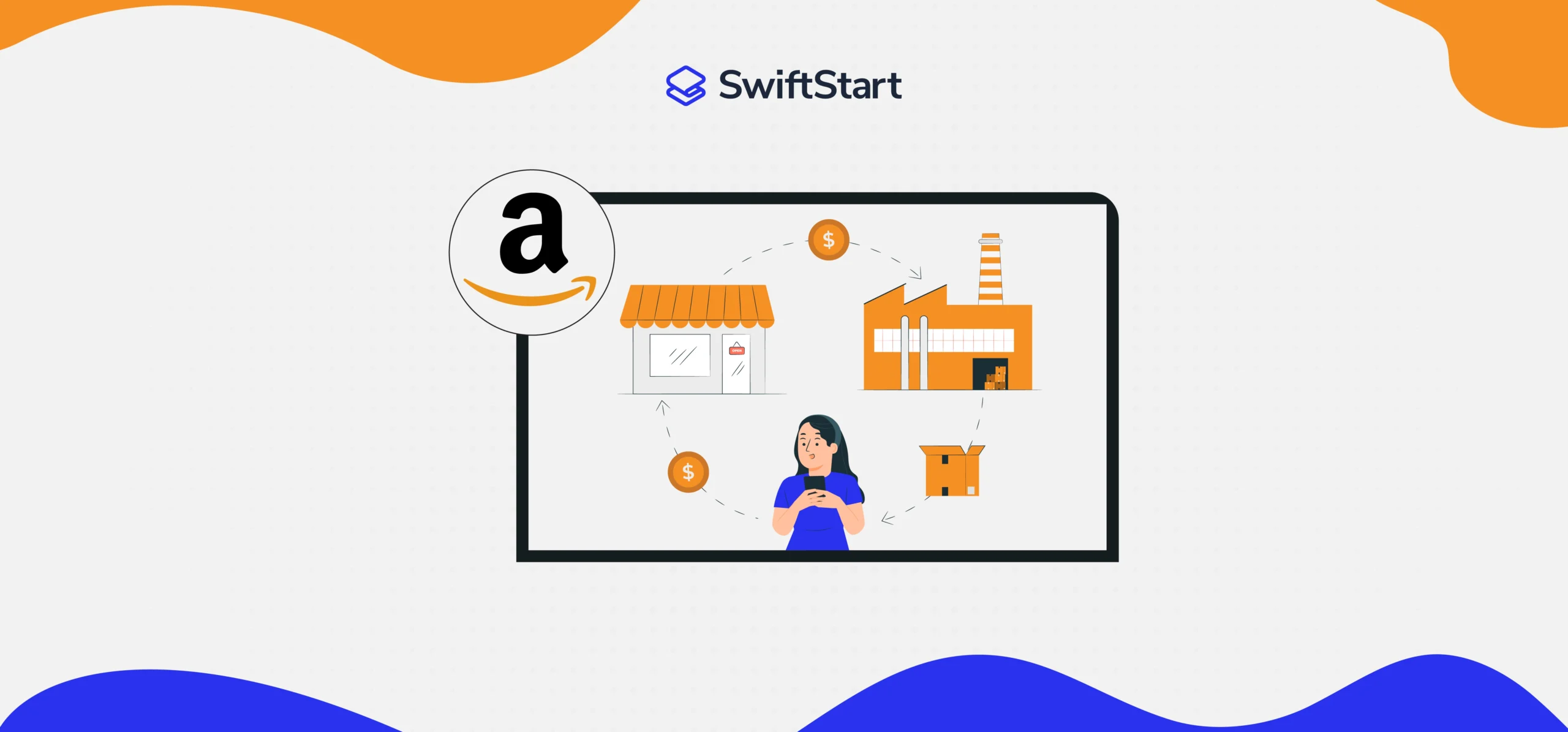)
Do you want to skyrocket your profits on Amazon this year? Selling on Amazon offers an incredible opportunity to reach a global audience and maximize your earnings. According to Statista's report, over 60% of the total sales on Amazon were orchestrated by independent third-party sellers. This group of sellers contributed a substantial $4.1 billion in […]
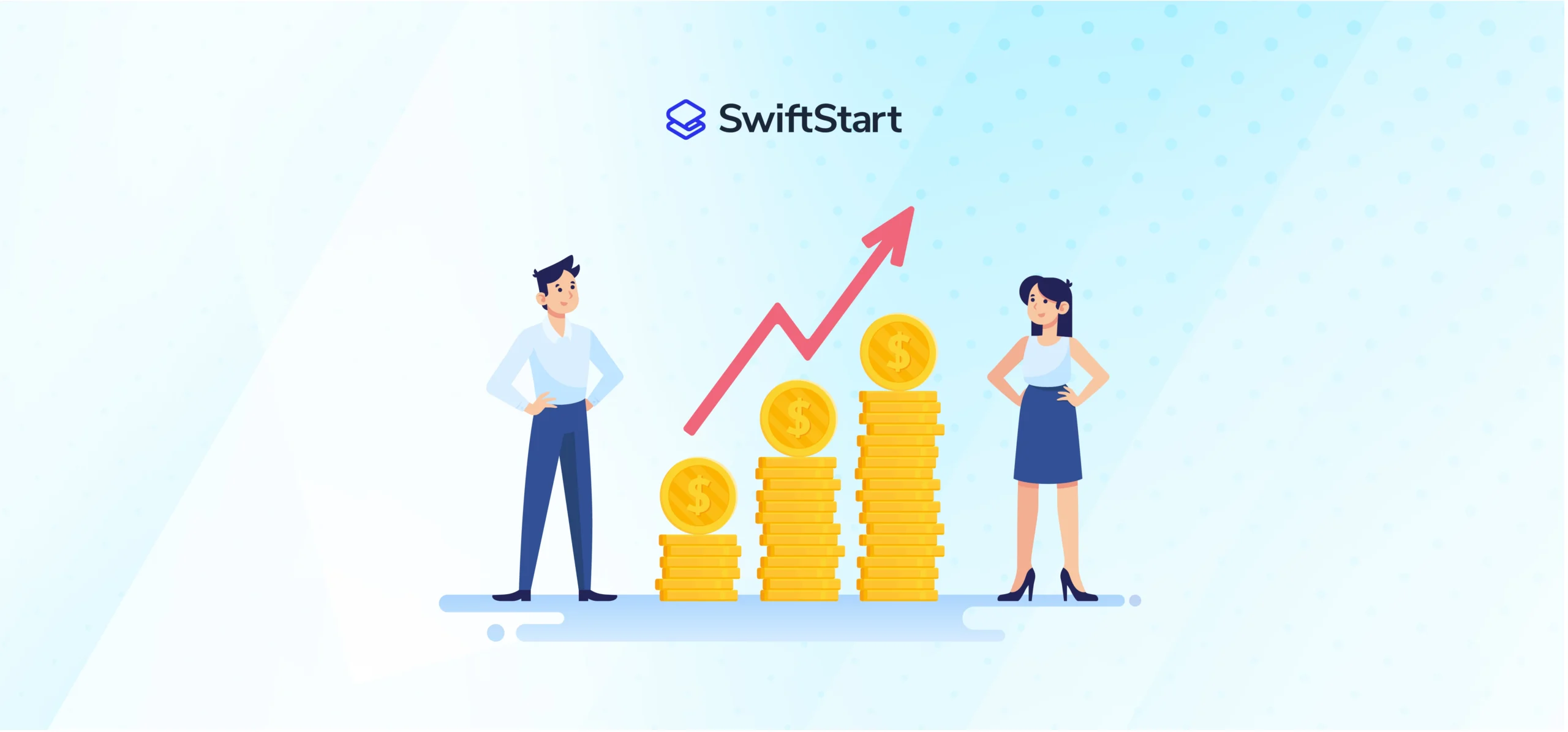)
According to Statista, Amazon boasts an astonishing annual revenue of over $500 billion, with 83% of conversions through the Amazon Buy Box. Imagine having your product featured at the top of Amazon's listing, gaining visibility and trust among millions of potential customers. It's not just a dream; it's a tangible goal for your business. But […]
)
Have you ever wondered what that mysterious "LPN number" on Amazon is about? For new Amazon sellers navigating a sea of codes and identifiers, distinguishing between them can be confusing. To ensure excellent customer service, Amazon sellers must grasp the intricacies of the return process. These LPN numbers aren’t just random digits on a label; […]
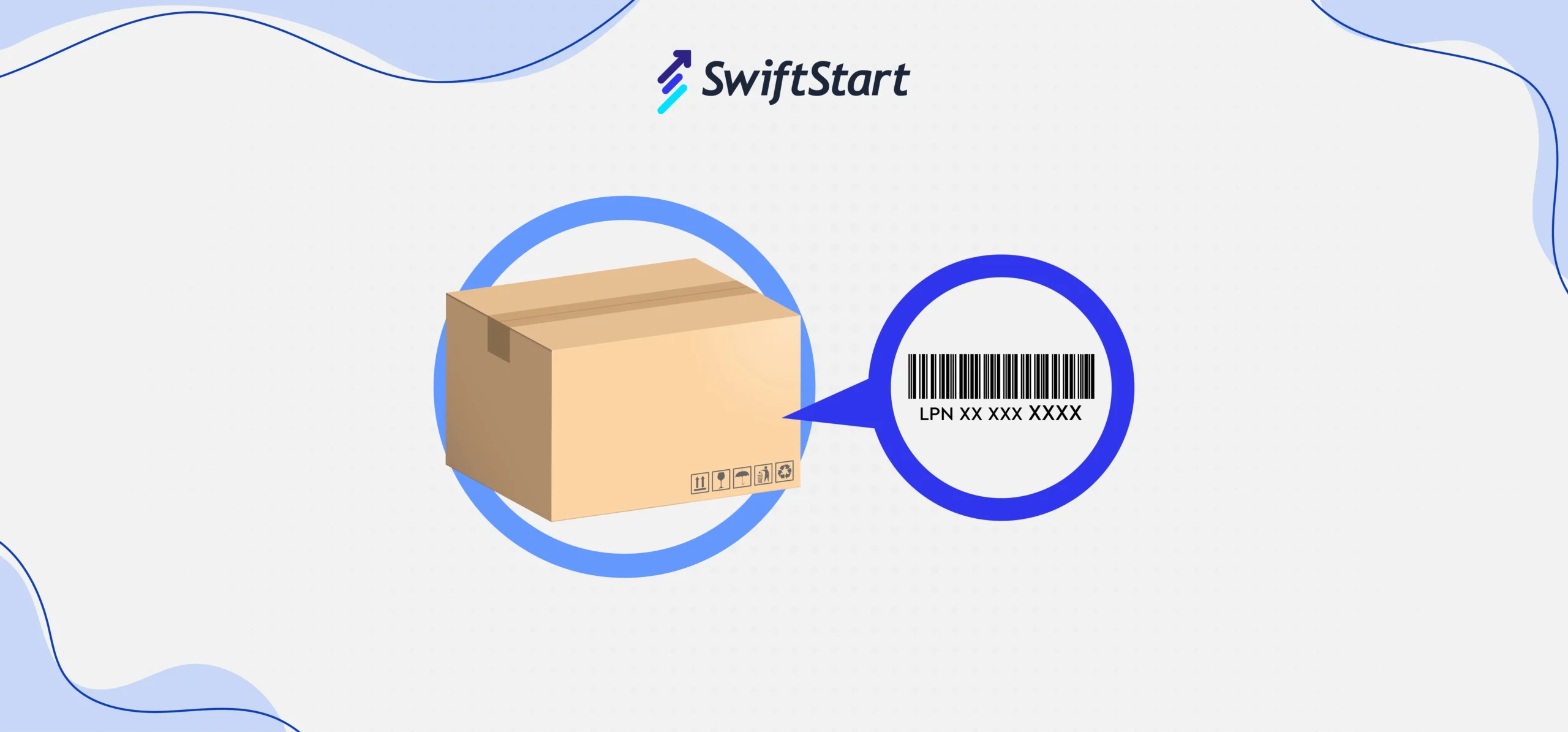)
A well-organized Amazon Product Detail Page (PDP) gives shoppers the best and most important details about a product, no matter how many sellers sell it or where they buy it from. Key Highlights Why We Wrote This? We write this content so that Amazon sellers know the details of an Amazon product page and optimize […]
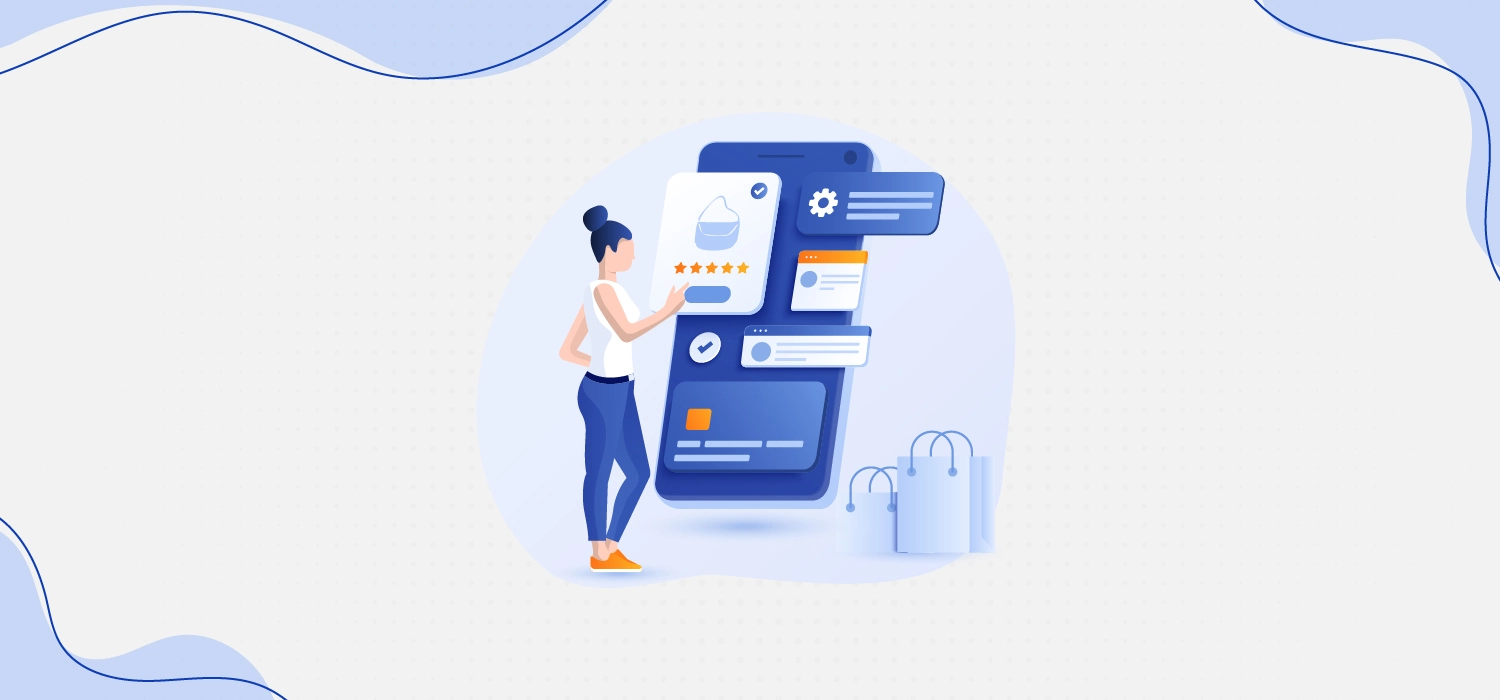)
Are you ready for the biggest shopping extravaganza of the year? With Black Friday just around the corner, Amazon sellers are gearing up for a sales bonanza like never before. However, if your Amazon store isn't fully prepared for this upcoming November holiday sale, you may miss a substantial revenue stream. Now you might be […]
)
The beginning of the customer journey is an important phase for retailers and marketers. They focus their efforts on making sure that shoppers know about products. Through their brand awareness campaigns, they try to educate their target audience and convince them that their products are fulfilling their desires. But if you’re looking to grow your […]
)
Amazon partners with you no matter the way you choose to grow your brand on Amazon. There are various ways by which you can sell on this platform including Amazon 1P, 2P & 3P. In this blog we are discussing the two of them; Amazon 1p Vs 3p. 1P is handling everything on single and […]
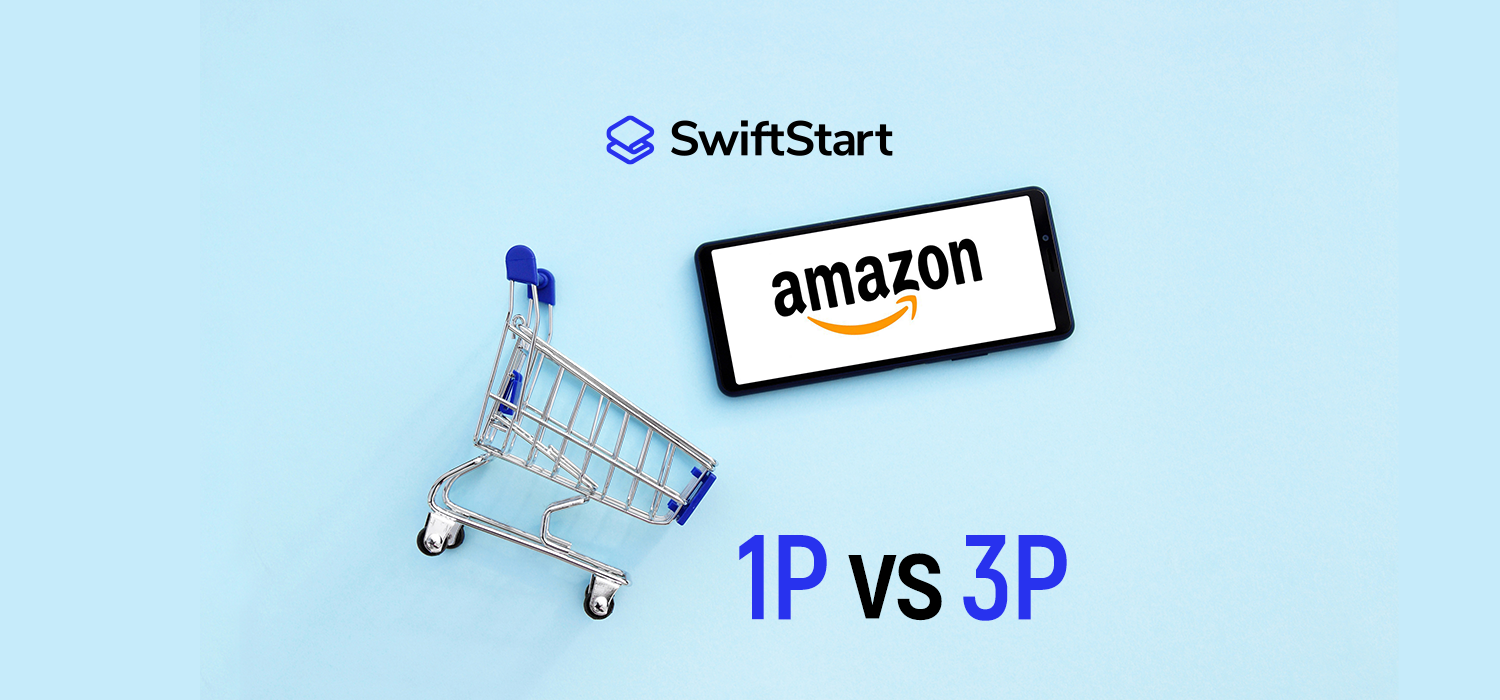)
If you want to improve your vendor margin on Amazon, it's likely that the first place where things will change is with cost prices. However, it’s a common misconception that Amazon will simply pass on any cost increases to the end customer. In fact, they have many strategies in place to manage their margins and […]
)